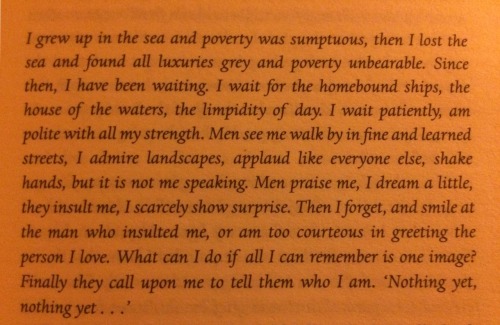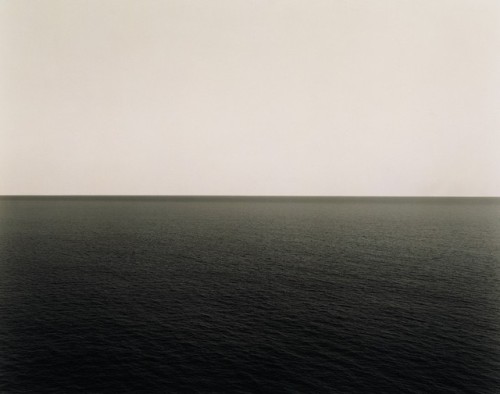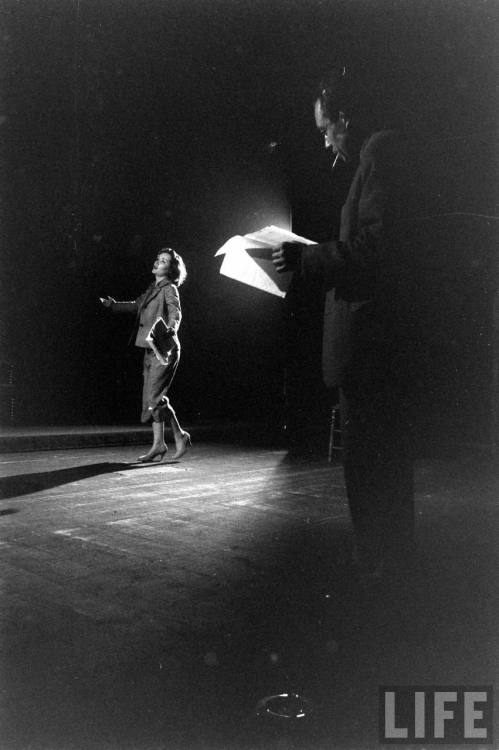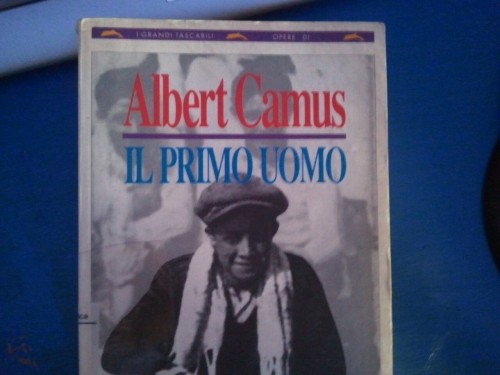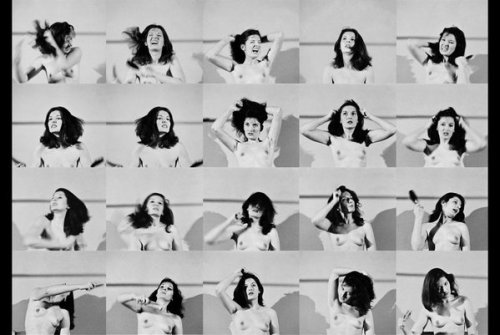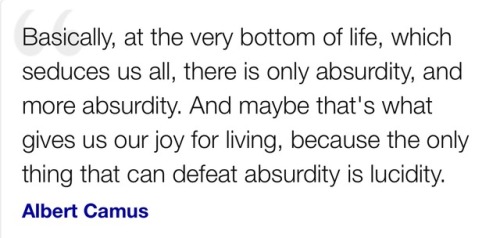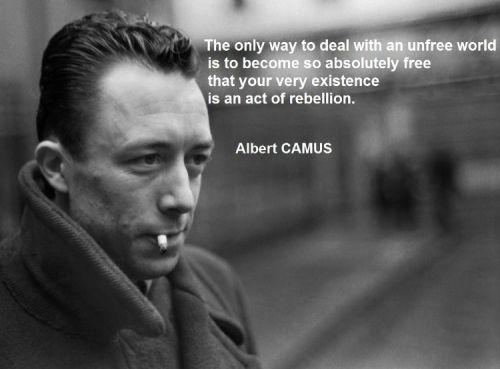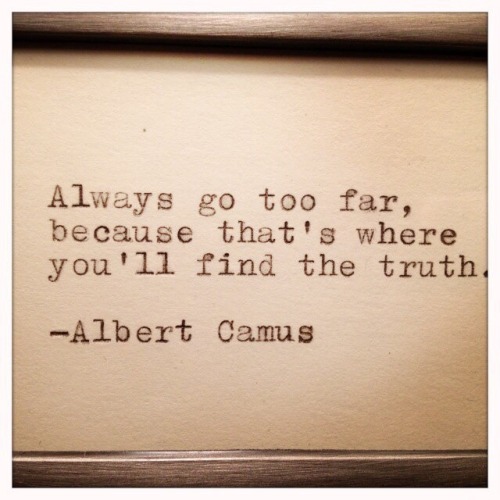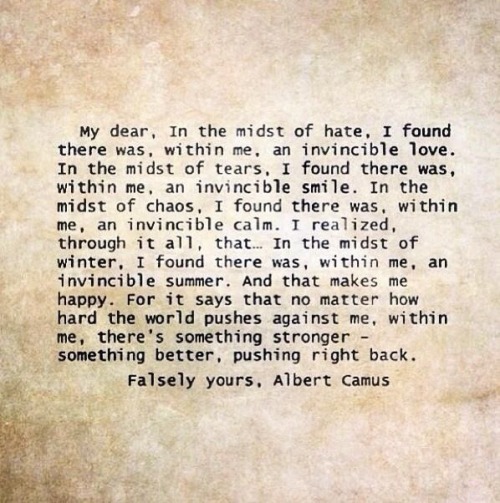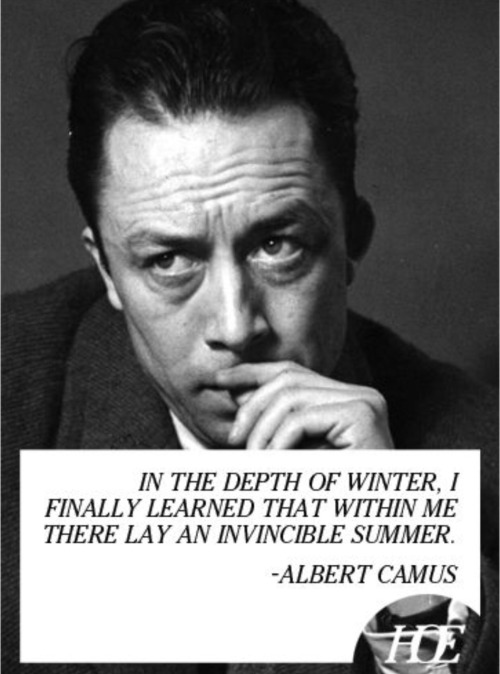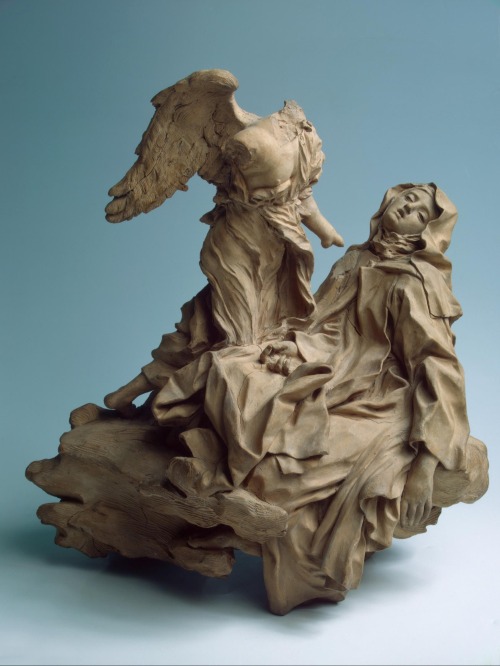#albert camus
“Believe me there is no such thing as great suffering, great regret, great memory… everything is forgotten, even a great love. That’s what’s sad about life, and also what’s wonderful about it. There is only a way of looking at things, a way that comes to you every once in a while. That’s why it’s good to have had love in your life after all, to have had an unhappy passion… it gives you an alibi for the vague despairs we all suffer from.”
- Albert Camus, A Happy Death.
Art:Dreams in my sky by Marc Chagall
Post link
“There is no country for those who despair, but I know that the sea comes before and after me, and hold my madness ready. Those who love and are seperated can live in grief, but this is not despair: they know that love exists. This is why I suffer, dry-eyed, in exile. I am still waiting.”
- Albert Camus, The Sea Close By
Art:Dark Seasby Hiroshi Sugimoto
Post link
“But the heart has its own memory and I have forgotten nothing.”— Albert Camus, from The Fall

Being stuck behind an accident on a mountain pass has a silver lining: I packed a book. (FYI: nobody got injured)

“Çocuklara işkence yapılan bu dünyayı sevmeyi, ölünceye kadar reddeceğim.”
Albert Camus
by Albert Camus
What’s it about?
The main character is Meursault, a French man living in Algeria who is so disconnected from his environment that he barely registers the fact that his mother dies at the very start of the book, and seems to have no feelings whatsoever about murdering an Arab, for which he is sent to jail.
There is a context that most modern readers miss. The book was written in the middle of World War II, but the book explicitly deals with the brewing tensions in Algeria which would eventually erupt. As a pied-noir himself, Camus would have been very sensitive to these tensions.
There is a strong argument that proper, grown-up literature doesn’t need “context” and any effort to provide one dilutes the universality of the text. For instance, you don’t need to know anything about Joe McCarthy to get the point of The Crucible. I agree with this argument, but I’ve given you the context anyway because I’m complicated and I have layers.
That all sounds a bit grim.
While it is indeed a bit grim, it should be judged as a work of absurdist literature, which includes Waiting for GodotandCatch-22. They are all unquestionably a product of existential philosophy, which broadly speaking deals with how people should relate to the universe when god has been removed from it.
I don’t care about any of that. Also, you sound pretentious.
Right. I might be pretentious, but the book was a genuine attempt to respond artistically to the idea (now very mainstream) that each individual is horrifically alone in the universe, and that life is meaningless. Mersault has several opportunities to make things easier for himself by simply lying about how he feels, and he refuses to do so.
Therefore, the sociopathic character is more “authentic” than all the “good” people who end up killing him. Although if you’ve read Game of ThronesandThe Outsider has too much meaninglessness for you, you should present yourself to the relevant authorities at first light.
Camus was famous for putting across his existentialist philosophy in accessible literature, while his frenemy, Jean-Paul Sartre, was famous for more direct, intractable existentialist philosophy in works such as Being and Nothingness. As you might expect, both men violently rejected the idea that either could be considered an existentialist.
What should I say to make people think I’ve read it?
“Even if you can’t relate to it, it’s probably a good idea to play the game of whatever society you’re in.”
What should I avoid saying when trying to convince people I’ve read it?
“A guidebook for people interested in solving the Muslim problem.”
Should I actually read it?
Yes. Every so often, it’s good to be confronted with how meaningless everything is. Some people never consider it at all.
In the depth of winter,
I finally learned that within me
there lay an invincible summer.
Albert Camus
Post link
Albert Camus, The Rebel
Albert Camus, The Myth of Sisyphus
Albert Camus, The Myth of Sisyphus
(…) nic nie jest mniej efektowne niż plaga; wielkie nieszczęścia, już dzięki swemu trwaniu są monotonne.
Dżuma
Nie jest ważne - rzekł Castel- czy ten sposób rozumowania jest dobry; ważne jest, że zmusza do zastanowienia.
Dżuma
“December. This heart full of tears and of night.”
Albert Camus
when camus said the literal meaning of life is whatever you’re doing that prevents you from killing yourself

“With the Void, Full Powers” Albert Camus, 1958
“Beauty is unbearable, drives us to despair, offering us for a minute the glimpse of an eternity that we should like to stretch out over the whole of time.”
~ Albert Camus
[The Ecstasy of St. Teresa, c.1640 - Gian Lorenzo Bernini]
• Albert Camus (1913–1960) was a journalist, editor and editorialist, playwright and director, novelist and author of short stories, political essayist and activist—and, although he more than once denied it, a philosopher. He ignored or opposed systematic philosophy, had little faith in rationalism, asserted rather than argued many of his main ideas, presented others in metaphors, was preoccupied with immediate and personal experience, and brooded over such questions as the meaning of life in the face of death. More: https://plato.stanford.edu/entries/camus/
• Gian Lorenzo Bernini dominated the Roman art world of the seventeenth century, flourishing under the patronage of its cardinals and popes while also challenging contemporary artistic traditions. His sculptural and architectural projects reveal an innovative interpretation of subjects, use of forms, and combination of media. Forging a path for future artists, he played an instrumental role in establishing the dramatic and eloquent vocabulary of the Baroque style. More: https://www.metmuseum.org/toah/hd/bern/hd_bern.htm
• The gift of God to Teresa in and through which she became holy and left her mark on the Church and the world is threefold: She was a woman; she was a contemplative; she was an active reformer. More: https://www.franciscanmedia.org/saint-of-the-day/saint-teresa-of-avila
Post link
“I’ve never really had much of an imagination. But still I would try to picture the exact moment when the beating of my heart would no longer be going on inside my head.”
Albert Camus - The Stranger
-via posttoxic
“ Ve ben anılarımla başbaşaydım o şehrin sokaklarında. Bir akşam vakti, yorucu bir günün bitiminde kendimi Akdeniz'in ılık sularına bıraktım ve Camus'nün Veba‘dadile geitrdiği o unutulmaz deneyi anımsadım, Rieux'nün Tarrou'yla birlikte paylaştığı o sonsuzluk anını yaşayabilmeyi denedim.”
Mario Levi- Bir Şehre Gİdememek
başarısızlığa uğramak zorunda olması karakterinin doğasında var.
alberto manguel - okuma günlüğü

